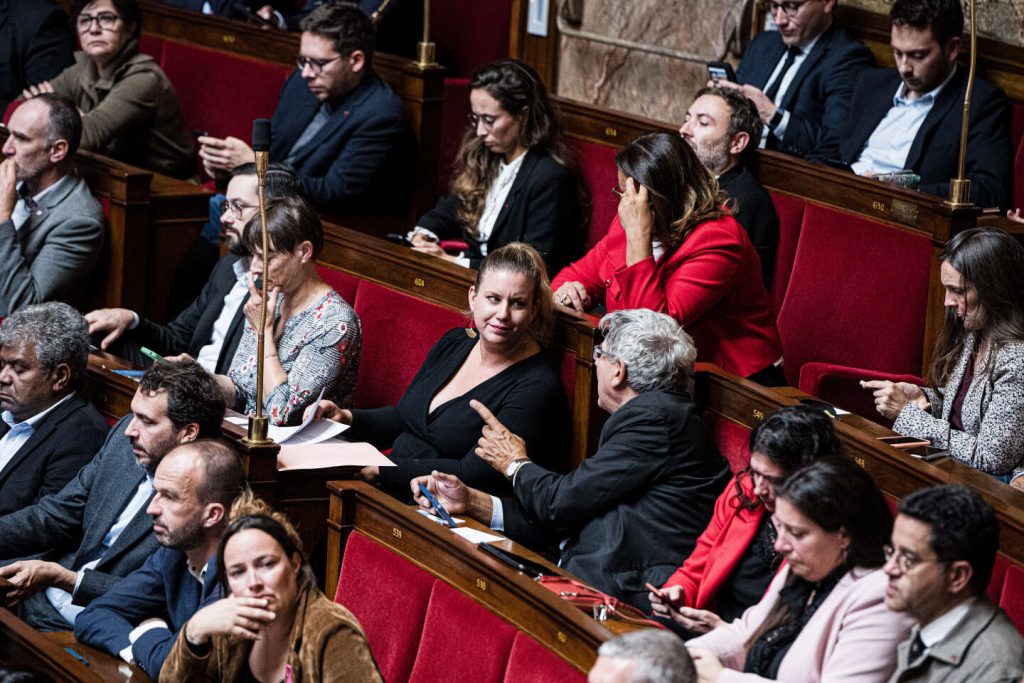The proposal for the impeachment of French President Emmanuel Macron, initiated by the La France insoumise (LFI) party in the National Assembly, was rejected by the conference of presidents on October 8, 2024. The text, which had already been widely rejected in the committee six days prior, was opposed by the presidents of the coalition presidential groups, the Republicans, and the ciottistes, with Marine Le Pen abstaining. This decision effectively ended the impeachment process, preventing a debate on Macron’s behavior in the Assembly.
Mathilde Panot, the leader of the LFI deputies, expressed her disappointment that Macron would not have to face a debate on his “dangerous and erratic” behavior after the legislative elections. She accused Marine Le Pen of saving Macron from the impeachment process by abstaining from the vote. Other LFI members also criticized Le Pen for coming to the president’s aid, with one calling it scandalous and denouncing an “arrangement” between Le Pen and Macron’s supporters to prevent the debate in the Assembly.
The rejection of the impeachment proposal by the conference of presidents effectively halted the process initiated by LFI in early September. The chances of success for the impeachment were already slim, as it requires a two-thirds majority in both the National Assembly and the Senate. Despite the outcome, the LFI party made a strong statement against Macron’s actions, highlighting what they see as a lack of accountability for the president’s behavior.
The decision to not proceed with the impeachment process has sparked criticism from the left-leaning parties, who were in favor of debating the issue in the Assembly. They accuse Marine Le Pen of aligning with Macron’s supporters to prevent the impeachment debate from taking place. This incident has highlighted the political divisions and maneuverings within the National Assembly, as different parties position themselves on key issues such as accountability and transparency in government.
While the rejection of the impeachment proposal may have saved Macron from a potentially damaging debate, it also underscores the challenges faced by opposition parties in holding the government accountable. The requirement for a two-thirds majority for impeachment makes it difficult for such initiatives to succeed, giving the ruling party a degree of protection against serious challenges to the president’s conduct. Ultimately, the rejection of the impeachment proposal reflects the complex dynamics of French politics and the ongoing struggle for accountability and transparency in government.















